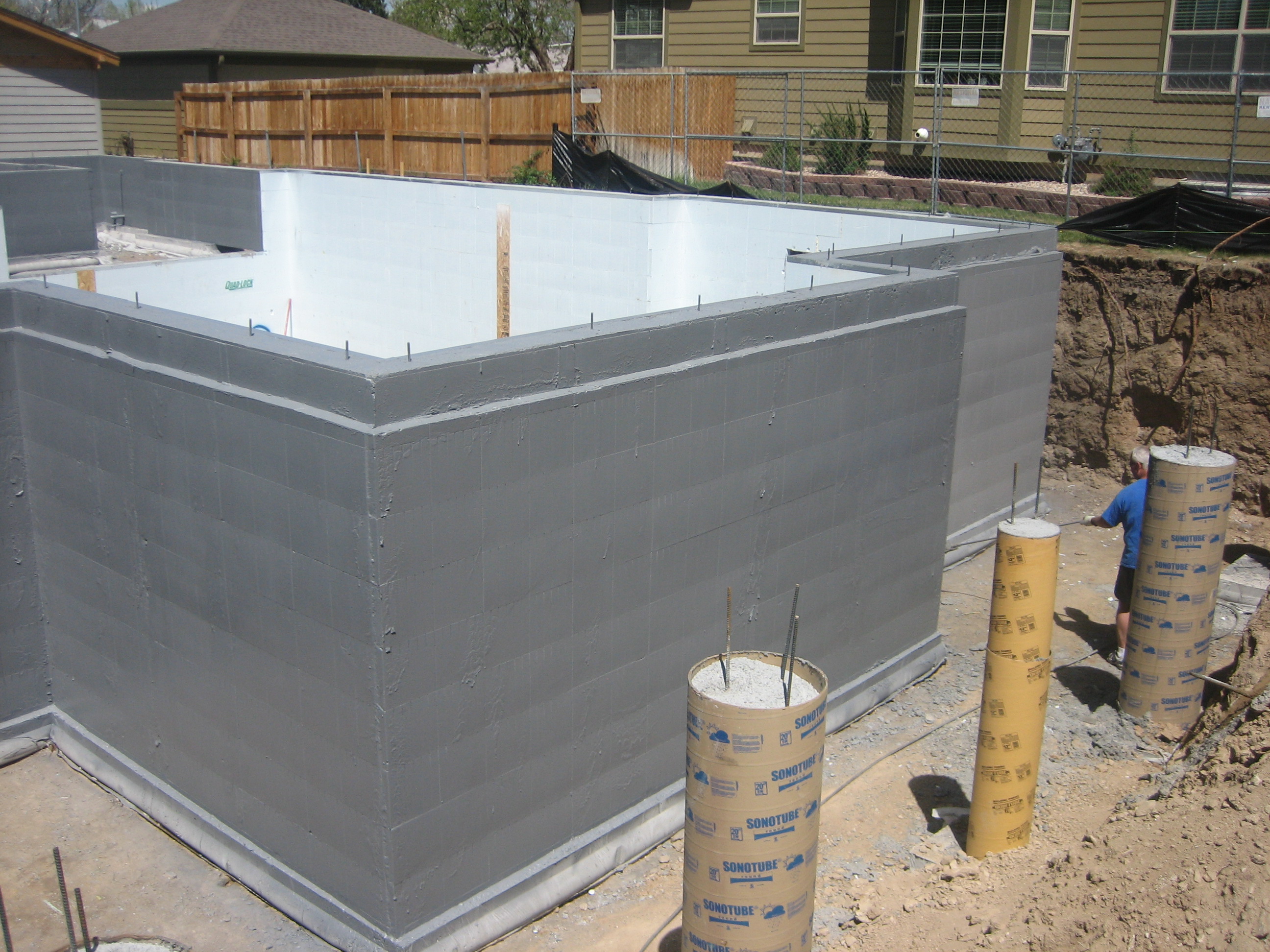Dry and Defended: Unveiling the Power of Home & Commercial Waterproofing
If you're tired of dealing with water damage in your home or commercial building, it's time to explore the transformative power of waterproofing. Whether you're a homeowner or a business owner, protecting your property from leaks, moisture, and mold should be a top priority. Waterproofing offers a proactive solution that not only safeguards your investment but also provides peace of mind.
Imagine a scenario where heavy rainstorms hit your area, and while others are fretting about water seeping through their walls and ceilings, you can rest easy knowing your property is dry and defended. Waterproofing involves the application of specialized materials and techniques to create a protective barrier against water intrusion. This comprehensive approach ensures that even the most vulnerable areas, such as basements, roofs, and foundations, remain impervious to moisture. By investing in waterproofing, you're taking a proactive step towards preventing costly repairs and maintaining the value of your property.
Types of Waterproofing
Waterproofing is an essential process for protecting both residential and commercial properties from moisture damage. There are several types of waterproofing methods available to suit different needs and structures. Understanding these methods is important in order to make informed decisions when it comes to protecting your building. Let's explore some of the most common types of waterproofing below.
Liquid Waterproofing: Liquid waterproofing involves the application of a liquid membrane on surfaces to provide a seamless barrier against water penetration. It is commonly used on flat roofs and concrete surfaces. The liquid membrane is flexible, allowing it to adapt to the contours of the surface and create a waterproof seal. It is a versatile method that can be applied to a variety of substrates.
Cementitious Waterproofing: Cementitious waterproofing is a popular choice for basements, swimming pools, and other below-grade areas. It involves the application of a cement-based coating or a slurry onto the surface to create a protective barrier. This method is known for its durability and ability to withstand hydrostatic pressure, making it a reliable option for areas prone to water intrusion.
Bituminous Waterproofing: Bituminous waterproofing is commonly used in flat roofs and parking decks. It involves the application of bitumen, a sticky, black, and viscous material, on the surface. This waterproofing method provides excellent resistance against water and UV rays. It is also known for its high tensile strength, which helps prevent cracking and damage due to temperature fluctuations.
By understanding the different types of waterproofing available, you can choose the one that best suits your needs and protects your property effectively. Whether it is liquid waterproofing, cementitious waterproofing, or bituminous waterproofing, investing in proper waterproofing measures is crucial to maintaining a dry and protected environment for your home or commercial space.
Benefits of Waterproofing
In the realm of home and commercial construction, waterproofing plays a crucial role in ensuring the longevity and durability of structures. By creating a robust barrier against water intrusion, waterproofing offers an array of significant benefits.
First and foremost, waterproofing provides protection against water damage. Whether it's heavy rain, floods, or moisture buildup, water can seep into buildings and cause extensive harm. Waterproofing acts as a shield, preventing water from infiltrating foundations, basements, walls, and roofs, thus safeguarding the structural integrity of both homes and commercial spaces.
Beyond protecting against water damage, waterproofing also helps to maintain a healthier indoor environment. By sealing off any potential entry points for moisture, it prevents the growth of mold, mildew, and other harmful microorganisms. This is particularly important for individuals with respiratory conditions or allergies, as the presence of mold can exacerbate symptoms and lead to serious health issues.
Additionally, waterproofing can contribute to energy efficiency. By properly sealing gaps and cracks, it reduces the loss of conditioned air, thereby decreasing the need for excessive heating or cooling. This not only cuts down on energy consumption but also translates into cost savings for both homeowners and businesses.
In conclusion, waterproofing offers a multitude of benefits for both homes and commercial buildings. From protecting against water damage and promoting a healthier indoor environment to contributing to energy efficiency, it is an indispensable aspect of construction that ensures the longevity and functionality of our built environment.
Choosing the Right Waterproofing Solution
When it comes to selecting a waterproofing solution for your home or commercial space, it's essential to consider various factors. Understanding your specific needs and the options available can help ensure you choose the right solution for your property.
Firstly, it's important to assess the area that requires waterproofing. Is it a basement, a roof, or a bathroom? Each location may have different requirements, so evaluating the specific demands of the space is crucial in determining the best solution.
Secondly, consider the level of protection you require. Are you looking for a temporary solution or a long-term investment? Some waterproofing methods provide short-term fixes, while others offer more durable and robust protection against water damage. It's crucial to select a solution that aligns with your goals and budget.
Lastly, take into account the climate and environmental conditions where your property is located. Different regions experience varying levels of rainfall, humidity, and temperature fluctuations, which can impact the effectiveness of waterproofing solutions. Ensure that the solution you choose is suitable for the specific climate and environment in which it will be applied.
With these considerations in mind, you can make an informed decision when choosing a waterproofing solution that meets your needs. Consulting with professionals in the field can also provide valuable insights and recommendations based on their expertise.
